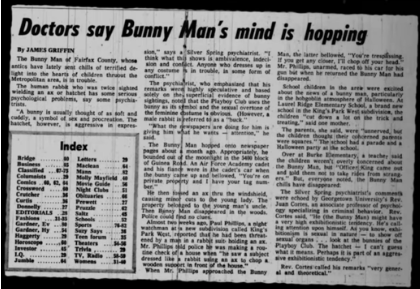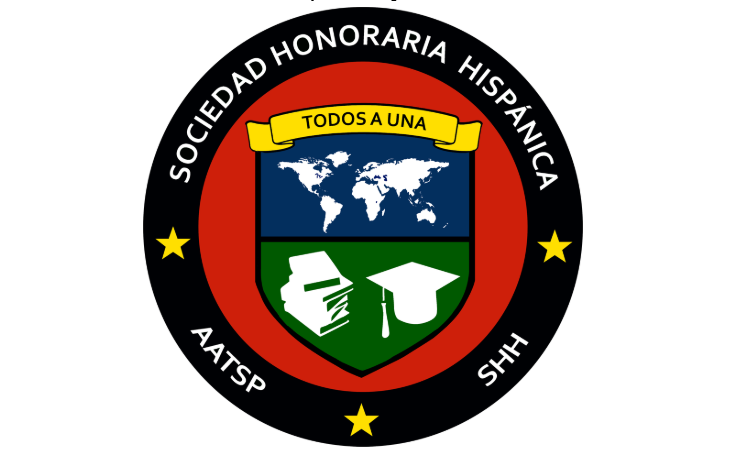Heart disease, also known as cardiovascular disease, is a disease that primarily affects older people and implies that there are internal problems with the heart and blood vessels. You might know someone who has cardiovascular disease because more than 60 million Americans have some form of it. This disease includes a variety of problems, including high blood pressure, hardening of the arteries, chest pain, heart attacks, and strokes. You know how important your heart is, so it’s no wonder people worry when they hear someone has heart problems. You can get heart disease from smoking.
No one would like to have heart disease. These are some ways you could prevent it. The doctor will talk about how stopping smoking, losing weight, eating a healthy diet, and getting exercise can help.
You know how important your heart is, so it’s no wonder people worry when they hear someone has heart problems. The heart is the center of the cardiovascular system. Through the body’s blood vessels, the heart pumps blood to all of the body’s cells. The blood carries oxygen, which the cells need. Cardiovascular disease is a group of problems that occur when the heart and blood vessels aren’t working the way they should.
These problems go along with cardiovascular disease:
Arteriosclerosis also called hardening of the arteries, arteriosclerosis means the arteries become thickened and are no longer as flexible. Atherosclerosis is a buildup of cholesterol and fat that makes the arteries narrower so less blood can flow through. Those buildups are called plaques. People with angina feel pain in the chest which means the heart isn’t getting enough blood. Heart attack: when a blood clot or other blockage cuts blood flow to a part of the heart. Stroke: when part of the brain doesn’t get enough blood due to a clot or a burst blood vessel. Many people do not realize they have cardiovascular disease until they have chest pain, a heart attack, or a stroke.
These kinds of problems often need immediate attention and the person may need to go to the emergency department of a hospital. If it’s not an emergency and a doctor suspects the person could have cardiovascular disease, the doctor can do some tests to find out more about how the heart and blood vessels are working. These tests include an electrocardiogram This test records the heart’s electrical activity. A doctor puts the patient on a monitor and watches the machine to see the heartbeat and determine if it’s normal. An Echocardiogram test uses sound waves to diagnose heart problems. These waves bounce off the parts of the heart, creating a picture of the heart that is displayed on a monitor. For a Stress test, The person exercises while the doctor checks the electrocardiogram machine to see how the heart muscle reacts. In a Catheterization test a long, thin tube is inserted into the patient’s body to inject a special dye that can sound waves to check for blockages in the carotid artery, a large blood vessel in the neck that supplies blood to the brain.
The person also may need to take medicine, have surgery, or both. There are different surgeries for the heart and blood vessels. These include: Angioplasty This opens a blocked vessel by using a balloon-like device at an artery’s narrowest point. The doctor may also insert a stent, which is a tiny stainless steel tube that props the vessel open and makes sure it stays clear. Atherectomy involves cutting the plaque out of an artery, so blood can flow freely. Bypass surgery. This involves taking part of an artery or vein from another part of the body (like the arm or leg) and using it to channel blood around a blocked area in an artery. Pacemakers. A pacemaker is a small electronic device that’s put inside the body to regulate the heartbeat. Valve replacement. If a heart valve is damaged or isn’t working, a surgeon can replace it. During the Carotid endarterectomy procedure, a surgeon removes plaque deposits from the carotid artery to prevent a stroke.
There are many different kinds of heart diseases you can get, but you can stop them as early as a teen. Faulty food habits, a sedentary lifestyle, and the increasing use of tobacco are among the factors contributing to heart attacks in teenagers. Here’s how to prevent it. Experts warn that teenagers need to take care of their hearts by eating healthy, doing regular exercises, and finding ways to beat stress.








